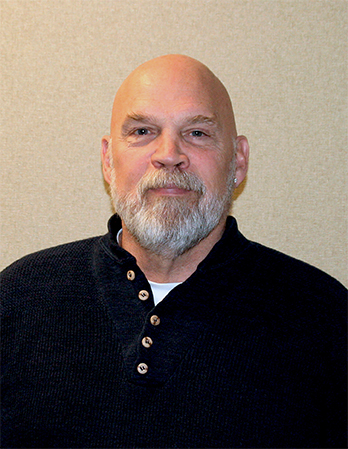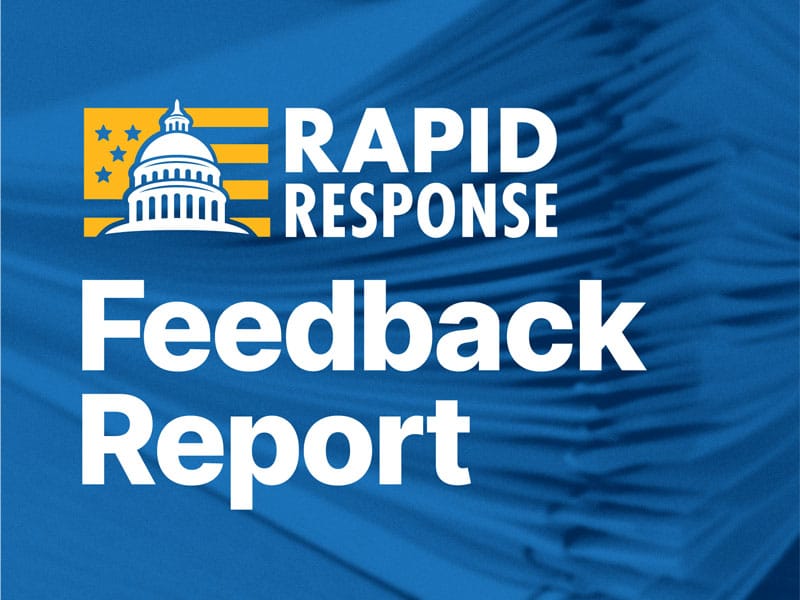December Update from the NOBP Chair
We Must Never Forget
Twenty years ago on the day before Thanksgiving—Nov. 25, 1998—an event happened that changed my life forever. While at times this incident seems like yesterday and at other times it seems like a lifetime ago, hardly a week passes that this tragedy has not entered my mind.
Six of my coworkers died in a fire at the Equilon Anacortes, Wash., refinery shortly after lunch. It forever changed the way I looked at my job.
The event was basically a failure of process safety. The Process Safety Management (PSM) standard had not been in place that long, and management and the union were still trying to understand what each other’s roles and responsibilities were under the law. It was a rule based on performance, which was different from other OSHA standards that were prescriptive.
California updated its PSM standard following a 2012 incident at the Chevron refinery in Richmond. A second incident in Washington State in April 2010 at Tesoro’s Anacortes refinery killed seven more of my union sisters and brothers, and it prompted the change that the state is currently contemplating. Now, 20 years later, as Washington State is on the verge of updating its PSM standard, the question of roles continues to be a point of contention rather than cooperation.
Two accidents, 13 people dead, and some folks still do not feel any changes are necessary to Washington State’s PSM rule.
Refineries are hazardous operations; we can never make them safe, but we can do a better job of managing the risk. That is what the rule change in California and the anticipated change in Washington State are intended to accomplish.
Workers understand the risks and are on the frontline every day doing their best to manage them. They understand how the systems work, how they react to changes, and what needs to be done to make corrections when the process goes awry. Workers must make the correct decision and take action to control temperatures, pressures and flows to maintain the process.
Over the last 20 years, I spent the majority of my working life helping workers and managers to understand that there is no more important aspect of our work than managing the inherent risks in the process.
It is a challenge that will never end. For the sisters and brothers who have lost their lives at work, it is a duty that we must all focus on every day. These are good jobs, but things can go awry very quickly, and workers must be ready to answer the challenge at any time—often with little warning.
As we move into the holiday season and begin to prepare for upcoming contract negotiations, do not lose sight of our daily obligations. We need to remain focused on our job and not let other distractions get in our way. Stay vigilant. If something doesn’t seem right, stop.
The units in the National Oil Bargaining Program ratified the National Oil Policy. In mid-December, an informational document will be sent to local presidents and chairs of oil policy groups. This document will help answer questions about the policy and explain the reasoning of certain items. Remember that these are national policies that are not to be bargained locally.
The International will begin bargaining with Shell, the lead company, in mid-January. There are provisions in place to help keep the membership appraised of bargaining progress, as well as conference calls scheduled for the policy committee members to communicate with the units in their region.
The International will work hard to get the best possible contract for the membership. The support and solidarity from the membership throughout this process will help achieve the best results.
In closing, please take a moment and click here to read more about the Equilon coker fire of 1998.
In Solidarity,
 Kim Nibarger
Kim Nibarger
NOBP Chair
knibarger@usw.org
(Office) 412-562-2403
By clicking Sign Up you're confirming that you agree with our Terms and Conditions.
Recent News Articles
Want to Learn More?
See how the USW is making a real difference in our communities and our workplaces.

